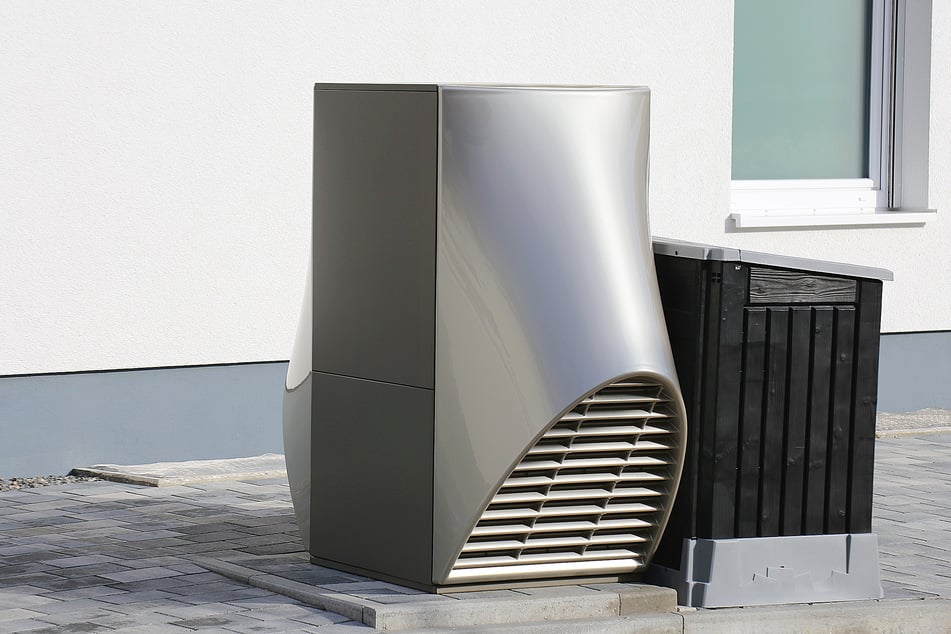Heat pumps could be a cost-effective alternative to fossil fuels
New York, New York - The climate action toolbox also includes the low-profile champion of making your home greener: the heat pump.

Heat pumps are key to electrifying your home, and can replace fossil fuel-guzzling boilers, stoves, and less efficient air conditioners.
They can heat and cool, making them a crazy combo deal, and work by using electricity to shunt heat around two or three times more efficiently than other heating and cooling options.
The most common type of heat pump works with air, and on a hot day it absorbs warmth in your home and releases the extra heat outside.
On cold days, the process is reversed, and the pump grabs heat energy from the outside air to warm your home.
And even when you think it's chilly, there's still energy to be had, which is why Sweden is leading the charge with the most heat pumps per person of any country, according to the International Energy Agency.
Heat pumps for the climate win
If we switched out all oil-burning boilers in the US for heat pumps, it would be enough to save over 100 million barrels of oil each year.
Not only is that great for dropping greenhouse gas emissions, it would mean ditching 47% of the country's imports of Russian oil, according to CleanTechnica.
And homeowners switching to heat pumps get to save an average of over $600 per year on heating costs.
At the same time, even if all the electricity their heat pump uses comes from fossil fuels, they still end up emitting less CO2 than with a boiler or furnace.
The heat pump isn't flashy, but it gets the job done, even in colder regions, making it a key addition to the climate action toolbox.
Cover photo: 123RF/udo72
